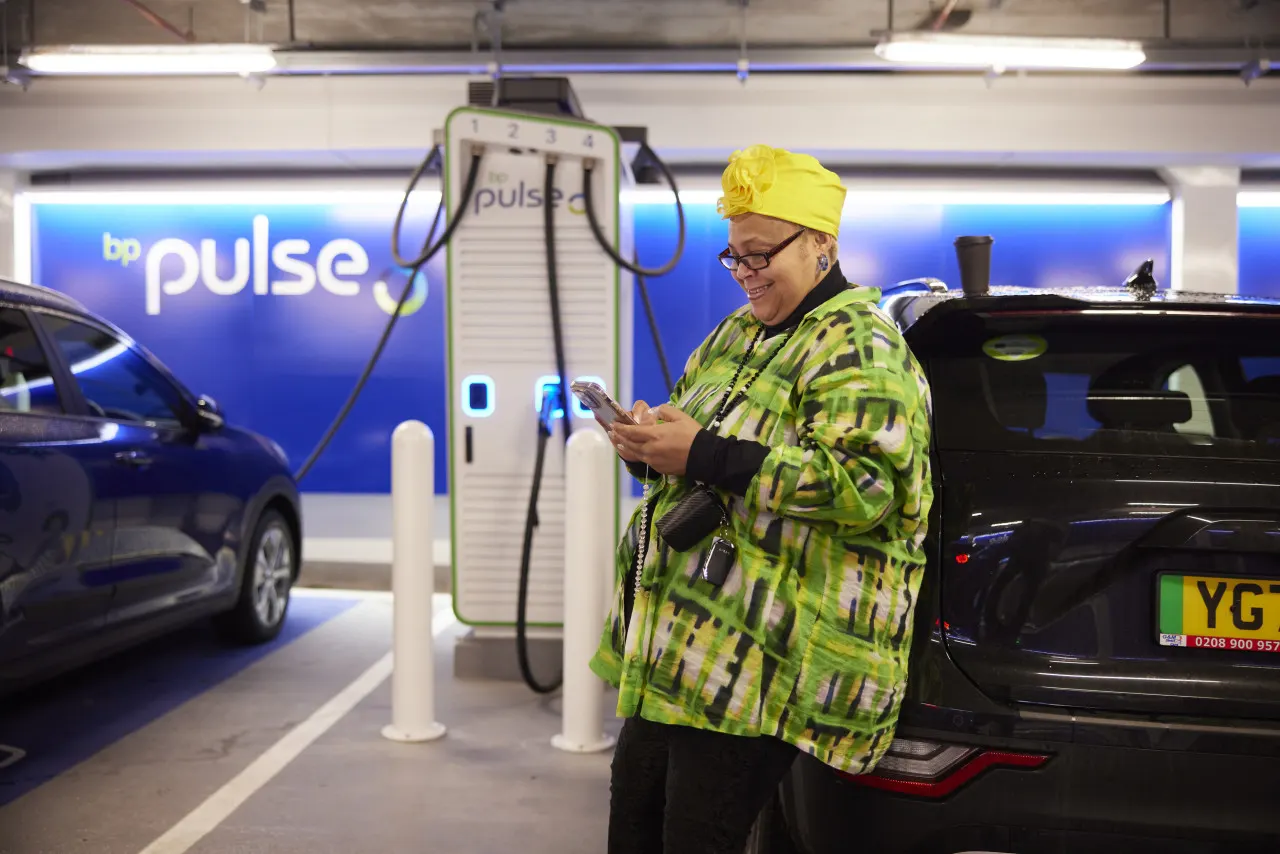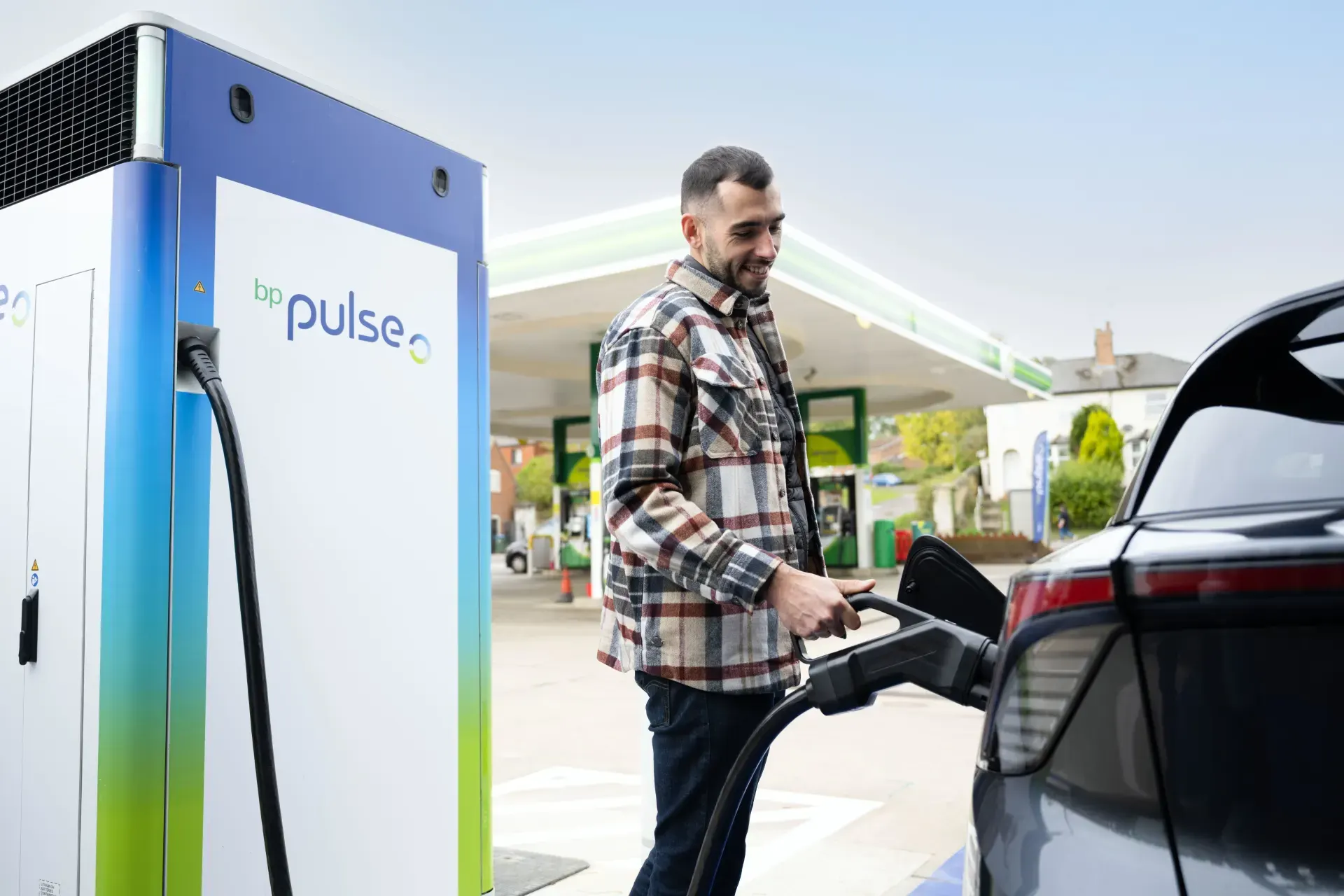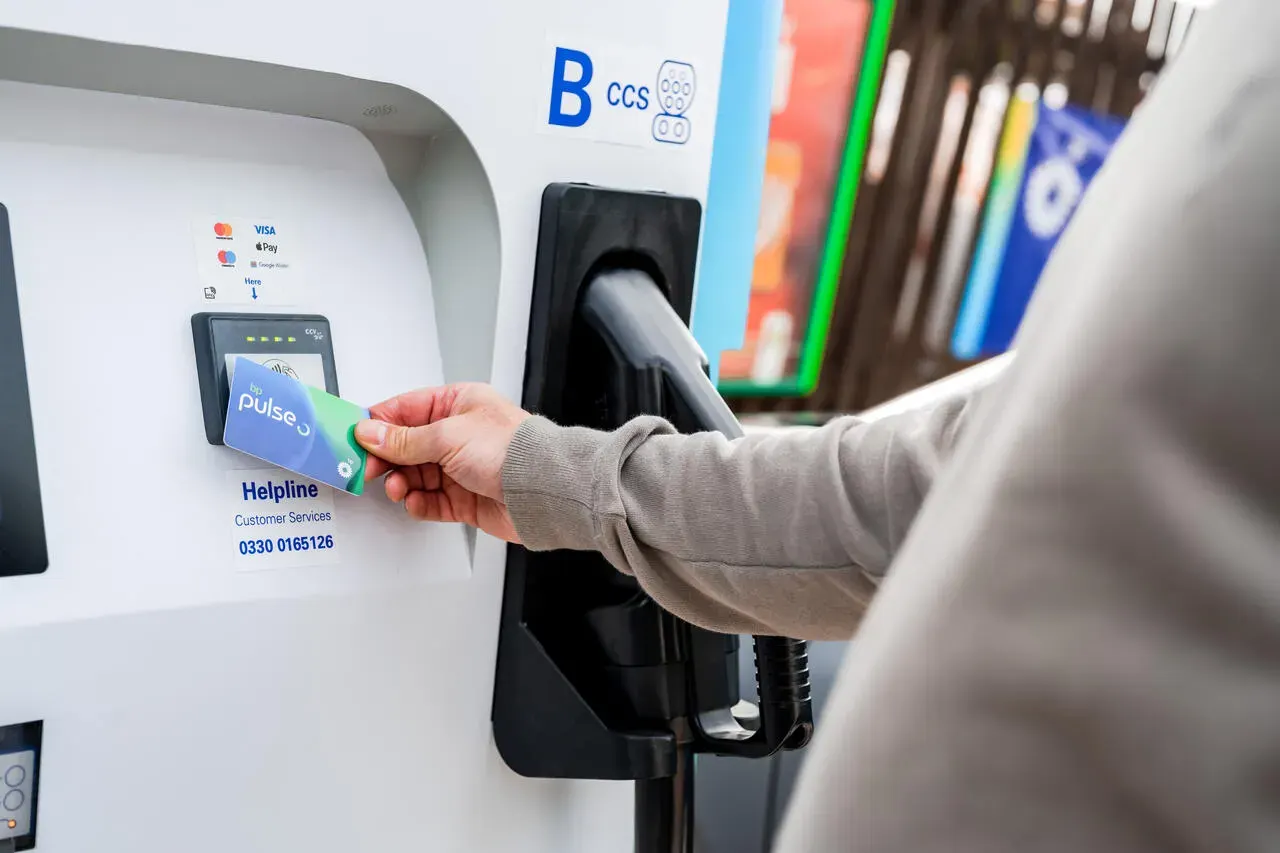What to know about keeping your EV battery topped up with public EV charging
If you’re new to the EV world, there can be lots of choices to make – from the type of electric vehicle you want, to whether you should invest in a home charger.
While plenty of people choose to charge their EV at home, for some EV drivers, public charging might be more practical. This could be the case if, for example, you’re renting or leasing an electric car for a short period, and don’t want to commit to buying and installing a home charger. Public charging might also be preferable if you’re renting – or if your property simply isn’t set up to adapt to home charging.
In this article, we share what to know if you’re thinking about making public EV charging your preferred way to top up your battery.









